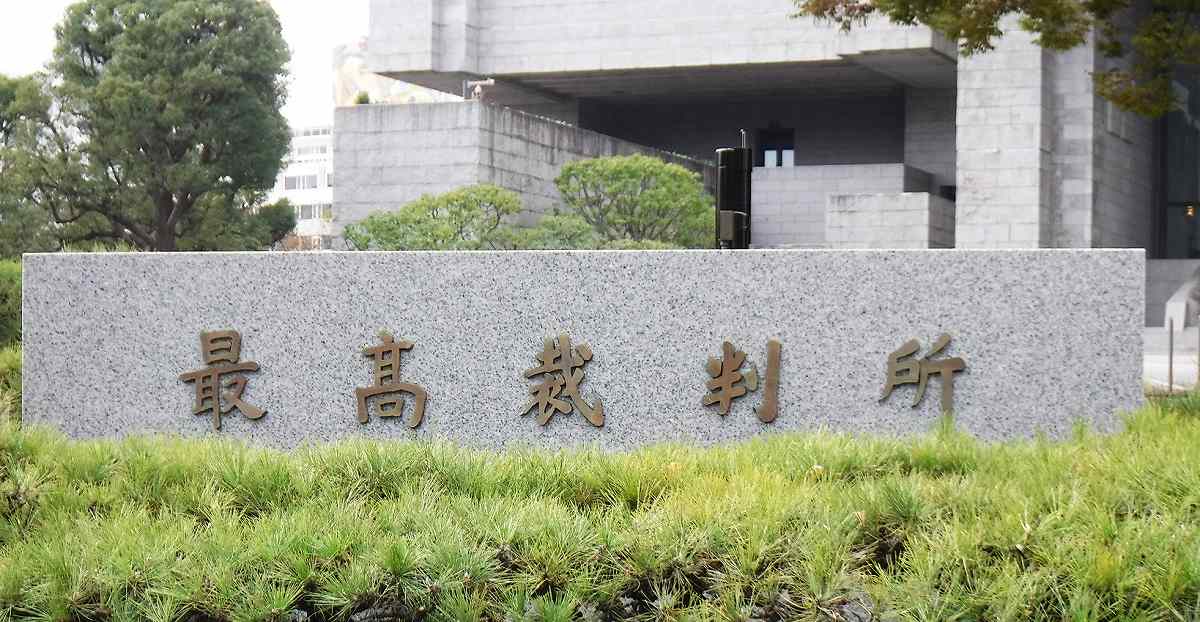
The Supreme Court
16:14 JST, January 26, 2023
The introduction of the so-called Adams method of apportioning Diet seats was a significant factor behind the Supreme Court’s ruling Wednesday that the October 2021 House of Representatives election was constitutional.
However, the method has faced strong opposition from members of both the ruling and opposition parties who claim that the number of elected representatives from regional areas will be further reduced under the system. Some lawmakers have already set to work on electoral reform.
The Adams method is said to have been proposed by John Quincy Adams, the sixth U.S. President. The system allocates seats by emphasizing population ratios.
In lower house elections, the population of each prefecture will be divided by a certain figure, and the numerals following the decimal point will be rounded up to a whole number. The result will be the number of seats to be allocated to that prefecture.
Therefore, prefectures with small populations will tend to be allocated two seats due to rounding up the decimal point.
“It’s recognition of the legislature’s efforts to date,” Liberal Democratic Party Secretary General Toshimitsu Motegi told reporters at the party headquarters on Wednesday, referring to the Supreme Court ruling on the day.
“The next [election] will see further progress in correcting vote value disparities,” Motegi said. The Adams method will be used in the next general election, and a 10-seat redistribution measure will be implemented, with 10 seats removed from 10 prefectures and a total of 10 seats added to five prefectures.
In November, a lower house committee adopted a supplementary resolution during deliberations on the revised Public Election Law stating that “The Diet shall conduct a fundamental review of the number of Diet seats and how electoral districts are divided.”
The six ruling and opposition parties confirmed in December that they would consider establishing a council for electoral reform.
Nevertheless, feasible means have yet to be devised to increase the number of lawmakers in regional areas and achieve the vote value equality demanded by the Supreme Court .
“We must be aware that the trend of increasing the number of seats in urban areas while cutting the number in regional areas is problematic,” Kenta Izumi, chief of the main opposition Constitutional Democratic Party of Japan, said on Wednesday.
In response to Wednesday’s ruling by the Supreme Court, dates for three supplementary elections have been set, with official campaigning to begin on April 11 and voting and ballot counting scheduled for April 23.
The three seats up for grabs are Yamaguchi Constituency No. 4 seat in the lower house, which has been vacant due to the death of former Prime Minister Shinzo Abe, as well as Chiba Constituency No. 5 and Wakayama Constituency No. 1.
Top Articles in Politics
-

Japan PM Takaichi’s Cabinet Resigns en Masse
-

Sanae Takaichi Elected Prime Minister of Japan; Keeps All Cabinet Appointees from Previous Term
-

Japan’s Govt to Submit Road Map for Growth Strategy in March, PM Takaichi to Announce in Upcoming Policy Speech
-

LDP Wins Historic Landslide Victory
-

LDP Wins Landslide Victory, Secures Single-party Majority; Ruling Coalition with JIP Poised to Secure Over 300 seats (UPDATE 1)
JN ACCESS RANKING
-

Japan PM Takaichi’s Cabinet Resigns en Masse
-

Japan Institute to Use Domestic Commercial Optical Lattice Clock to Set Japan Standard Time
-

Israeli Ambassador to Japan Speaks about Japan’s Role in the Reconstruction of Gaza
-

Man Infected with Measles Reportedly Dined at Restaurant in Tokyo Station
-

Videos Plagiarized, Reposted with False Subtitles Claiming ‘Ryukyu Belongs to China’; Anti-China False Information Also Posted in Japan























